Parikshit Hegde
Network Adaptive Federated Learning: Congestion and Lossy Compression
Jan 11, 2023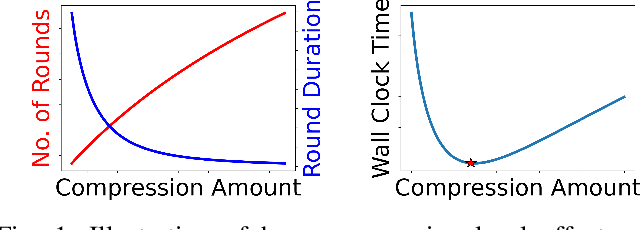
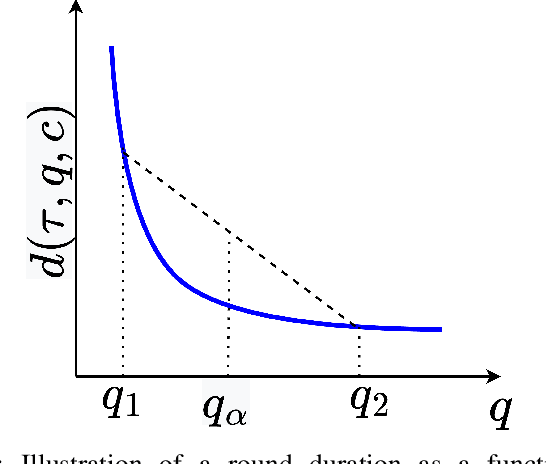
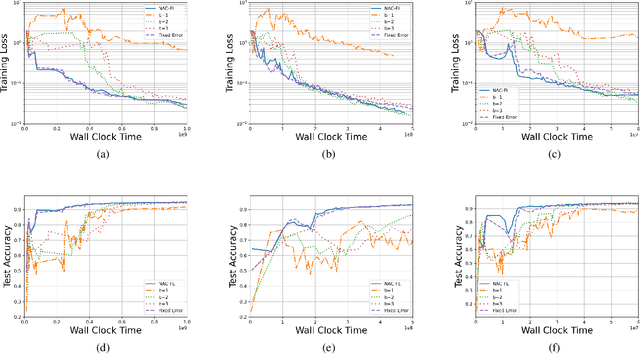
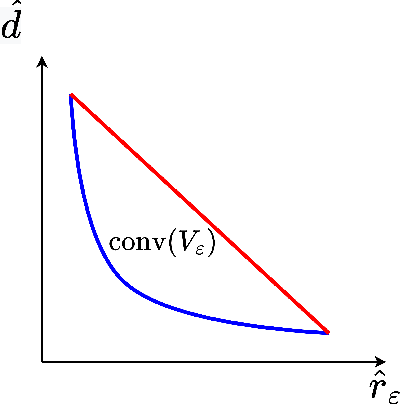
Abstract:In order to achieve the dual goals of privacy and learning across distributed data, Federated Learning (FL) systems rely on frequent exchanges of large files (model updates) between a set of clients and the server. As such FL systems are exposed to, or indeed the cause of, congestion across a wide set of network resources. Lossy compression can be used to reduce the size of exchanged files and associated delays, at the cost of adding noise to model updates. By judiciously adapting clients' compression to varying network congestion, an FL application can reduce wall clock training time. To that end, we propose a Network Adaptive Compression (NAC-FL) policy, which dynamically varies the client's lossy compression choices to network congestion variations. We prove, under appropriate assumptions, that NAC-FL is asymptotically optimal in terms of directly minimizing the expected wall clock training time. Further, we show via simulation that NAC-FL achieves robust performance improvements with higher gains in settings with positively correlated delays across time.
Learning to Multi-Task by Active Sampling
May 21, 2017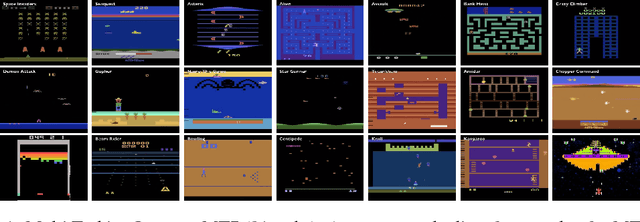
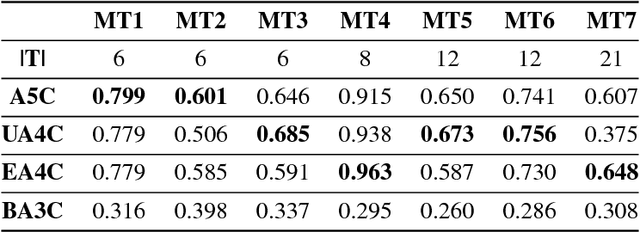
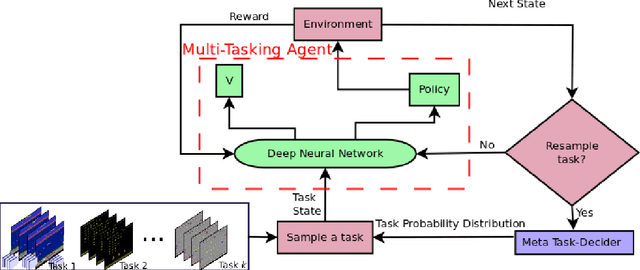
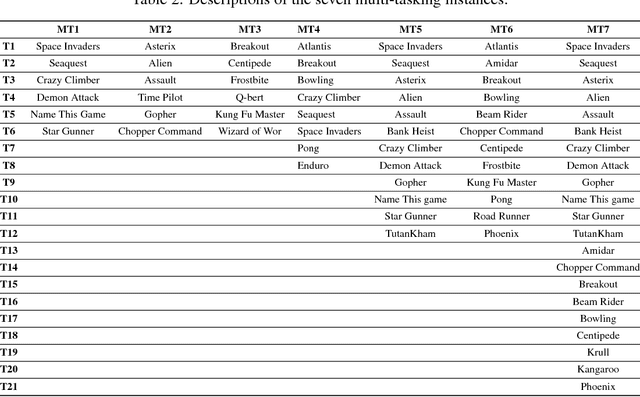
Abstract:One of the long-standing challenges in Artificial Intelligence for learning goal-directed behavior is to build a single agent which can solve multiple tasks. Recent progress in multi-task learning for goal-directed sequential problems has been in the form of distillation based learning wherein a student network learns from multiple task-specific expert networks by mimicking the task-specific policies of the expert networks. While such approaches offer a promising solution to the multi-task learning problem, they require supervision from large expert networks which require extensive data and computation time for training. In this work, we propose an efficient multi-task learning framework which solves multiple goal-directed tasks in an on-line setup without the need for expert supervision. Our work uses active learning principles to achieve multi-task learning by sampling the harder tasks more than the easier ones. We propose three distinct models under our active sampling framework. An adaptive method with extremely competitive multi-tasking performance. A UCB-based meta-learner which casts the problem of picking the next task to train on as a multi-armed bandit problem. A meta-learning method that casts the next-task picking problem as a full Reinforcement Learning problem and uses actor critic methods for optimizing the multi-tasking performance directly. We demonstrate results in the Atari 2600 domain on seven multi-tasking instances: three 6-task instances, one 8-task instance, two 12-task instances and one 21-task instance.
 Add to Chrome
Add to Chrome Add to Firefox
Add to Firefox Add to Edge
Add to Edge